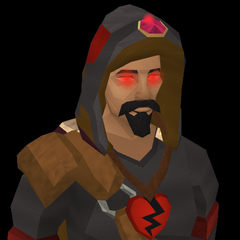How Effective Is Formatting?
On a classical hard drive, a full format will overwrite each sector on the disk surface and verify that the sector was fully erased. It's 99% safe to say that you won't have any viruses on that hard drive. For most users, formatting is enough.
Information after a format can in some cases still be recovered and for that reason some recommend specialized software applications that perform safe erase (they write random data several times over the whole surface to make sure you can't recover anything). Others especially in military or medical areas, don't risk it and just destroy the hard drive completely.
In some really extreme cases (really really rare, maybe a handful of viruses in the world and very rare), a virus can hide itself in the firmware of the hard drive (the software running on the microprocessor on the hard drive's printed circuit board), or hide most of it's "body" in areas of the hard disk platters that are normally not used to store data, to be recovered at a later time (think very tiny virus that can't infect other computers, infecting you from internet or somewhere and recovering what it needs to attack other computers from hard drive instead of downloading that from Internet) . These like I said are extremely rare, and basically you shouldn't worry about something like this happening to you.


.png.255947720031a641abdac78e663b681c.png)














Create an account or sign in to comment
You need to be a member in order to leave a comment
Create an account
Sign up for a new account in our community. It's easy!
Register a new accountSign in
Already have an account? Sign in here.
Sign In Now